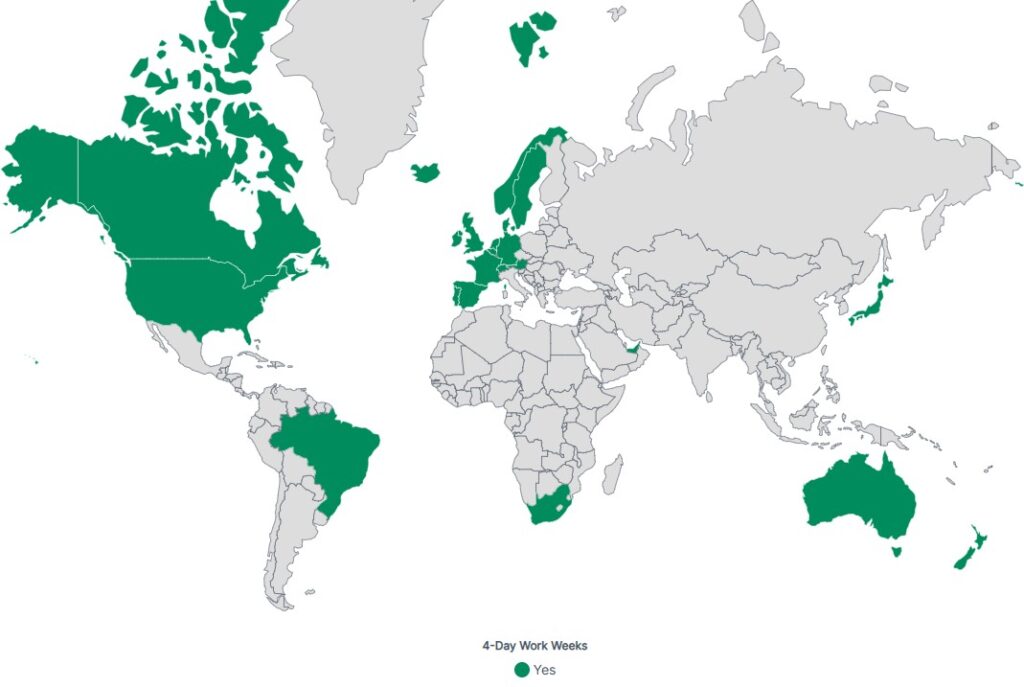
This spring, the Tokyo Metropolitan Government officially launched a four-day workweek program, an initiative that had been under discussion since last year. The decision comes amid a sharp decline in the city’s birth rate, which has fallen to a record low of 0.99 children per woman.
According to The Japan Times, the reform aims to address Japan’s demographic crisis and improve work-life balance. Under the program, parents will receive full pay while working shorter hours, along with a two-hour reduction in their daily schedules.
Previously, civil servants were allowed to take one additional day off per month. Under the new policy, that option will now be offered weekly.
The initiative has two main goals: to give employees more time for family and leisure, and to reduce stress caused by chronic overwork — one of the most persistent social issues in Japan.
Global trend toward shorter workweeks
Several countries have already introduced or are testing four-day workweek models, including Iceland, Belgium, France, Australia, the Netherlands and the United Kingdom.

Iceland conducted the first major trials between 2015 and 2019, leading to widespread adoption. Belgium has legalized the redistribution of the standard 40-hour workweek across four days. In the United Kingdom, a large-scale 2022 trial proved successful, prompting many companies to make the change permanent.













